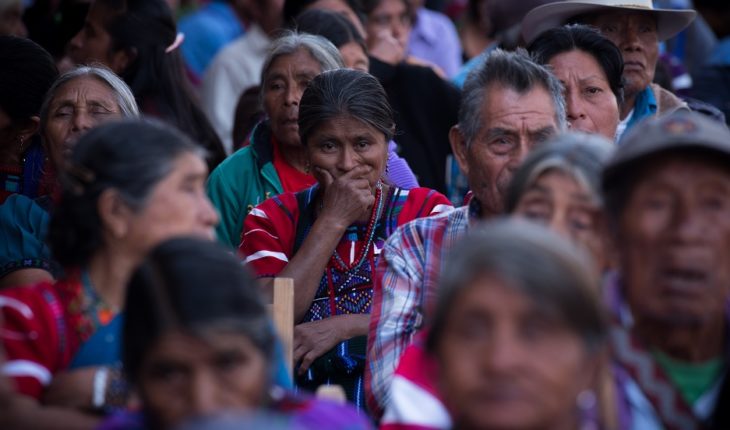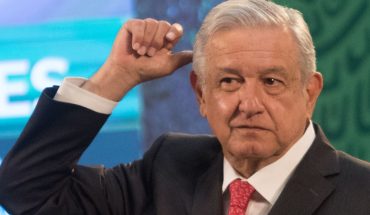The National Institute of Indigenous Peoples (INPI) has used to a minimum the resources it has allocated to support the native population of Mexico.
Of the 2 thousand 533 million that the agency was scheduled for the second quarter of the year, it used only 1,77.9 million, 46.5%, according to the Ministry of Finance.
Where there was less spending compliance was in the Program for the Improvement of Indigenous Production and Productivity, which aims to finance productive projects, tourism or climate change mitigation actions.
The sub-exercise in this case was 93.1%, which is in fact one of the largest in the entire government, as recorded in the document Financial Advancement of the Main Budget Programmes January-June 2019. Only 30.7 million of the 444.9 available for the first half of the year was spent, meaning more than 400 million pesos remained undelivered.
For all of 2019, it was allocated 806.9 million, which was already 7.7 million less than what this program had during 2018.
In poor economic performance it is followed by the Indigenous Rights Program, with a sub-exercise of 76.1%. Only 25.1 million of the 105 available have been spent. Last year, it had already suffered a 33% cut in its budget.
The money from this program is given to communities, indigenous or academic institutions, that have initiatives to strengthen the rights of indigenous and Afro-Mexican peoples, such as legal defense, training or research, release of persons, interpreters and translators, or cultural projects to promote native languages.
The Indigenous Infrastructure Programme is the largest of those administered by INPI (formerly the Commission for the Development of Indigenous Peoples( CDI). There were more than 600 million unused pesos in the first half of the year.
This program is aimed at investing in works to meet basic needs for communities, specifically land communication, electrification, drinking water and drainage. In addition, the construction of the works can be left in charge of the community itself, if it does not correspond to the municipality, state or federation.
But the sub-exercise is 65.7%, as only 328.9 of the 957.7 million available have been invested.
Finally, the Indigenous Education Support Program has a sub-exercise of 37.2%, as the reported expenditure is 342.6 million, when it should have reached 545.4 million invested in scholarships, lodging, food and other complementary activities for contribute to the permanence of indigenous children and young people from 5 to 29 years in school, from basic level to master’s degree, through Indigenous Children’s Houses and Community Eaters.
In all cases, these programs are aimed at populations recognized as originating because 40% of their inhabitants or more are recognized as indigenous, and who have high or very high socioeconomic marginalization.
In Mexico, there are 25.7 million people who consider themselves indigenous and 1.38 million Afro-Mexicans, according to the 2015 Intercensal Survey of the National Institute of Statistics and Geography (Inegi), of which 7.3 million speak some native language.
Their living conditions are the worst compared to the rest of the population. Just this week, the National Council for the Evaluation of Social Development Policy (Coneval) published its most recent poverty measurement, which revealed that 74.9% of indigenous language speakers live in poverty, and 35.6% in extreme poverty, when in the rest of the population is seven times lower.
Upon assuming the presidency, on December 1, Andrés Manuel López Obrador performed an act of handover of a cane by representatives of original peoples because he promised that they would be one of the priority groups of his government. Although other programmes have announced an emphasis to benefit especially this population, with rules such as a lesser age to access the senior pension, in existing programmes to specifically cater to the original peoples the figures show greater support, but on the contrary, that the budget has not even been reversed.
Political Animal asked INPI the reason for the sub-exercises in its programs, but there was no response.
What we do in Animal Político requires professional journalists, teamwork, dialogue with readers and something very important: independence. You can help us keep going. Be part of the team.
Subscribe to Animal Politician, receive benefits and support free journalism.#YoSoyAnimal
translated from Spanish: Millions approved for indigenous, unused in the first half
August 7, 2019 |





